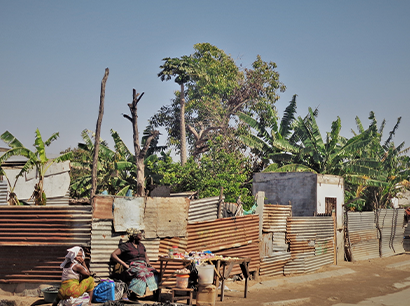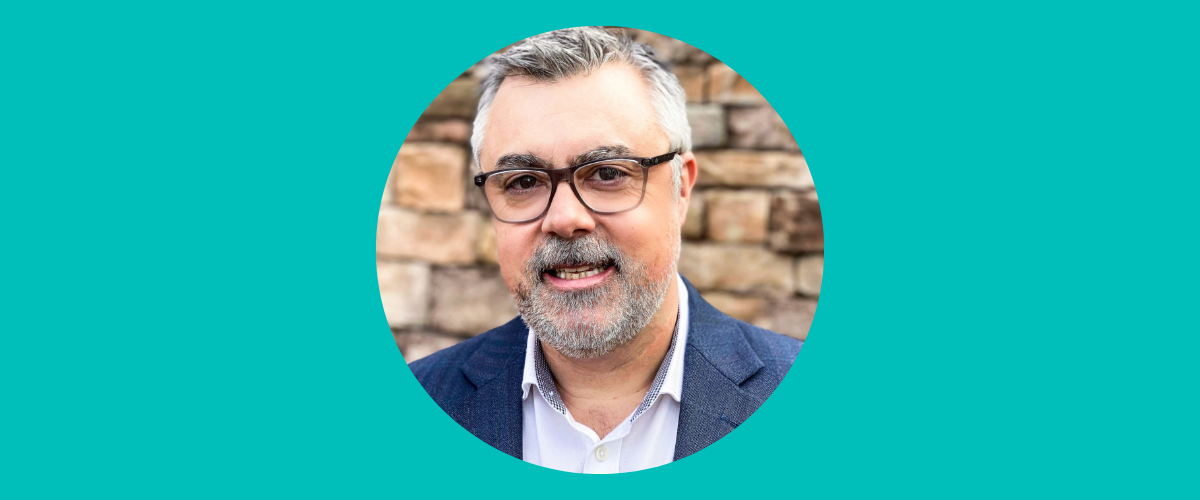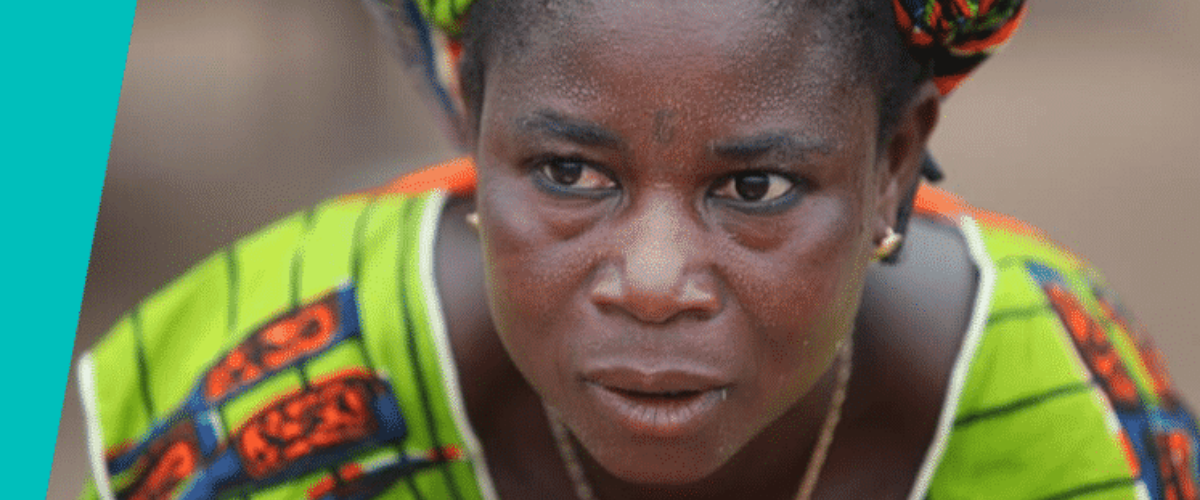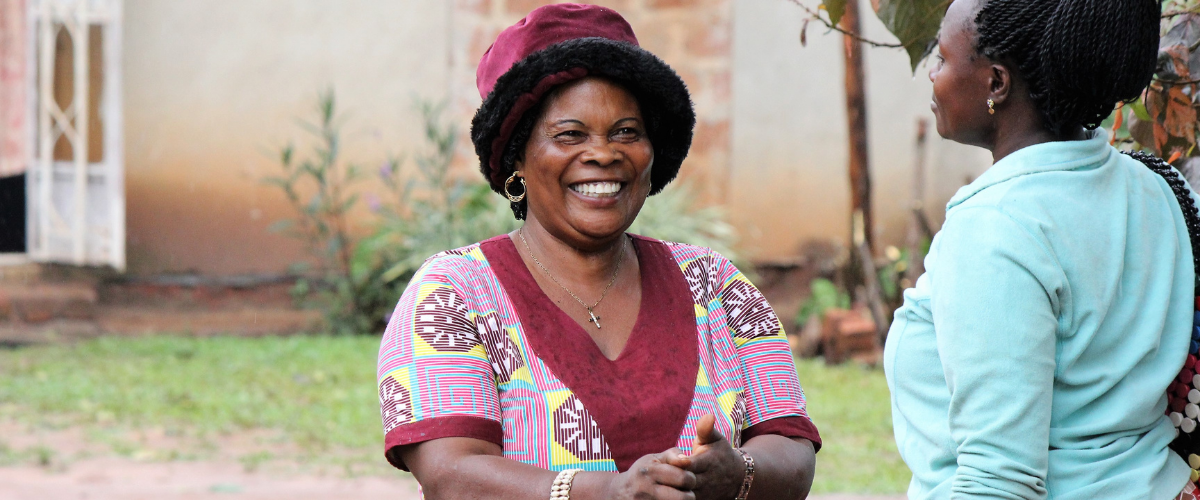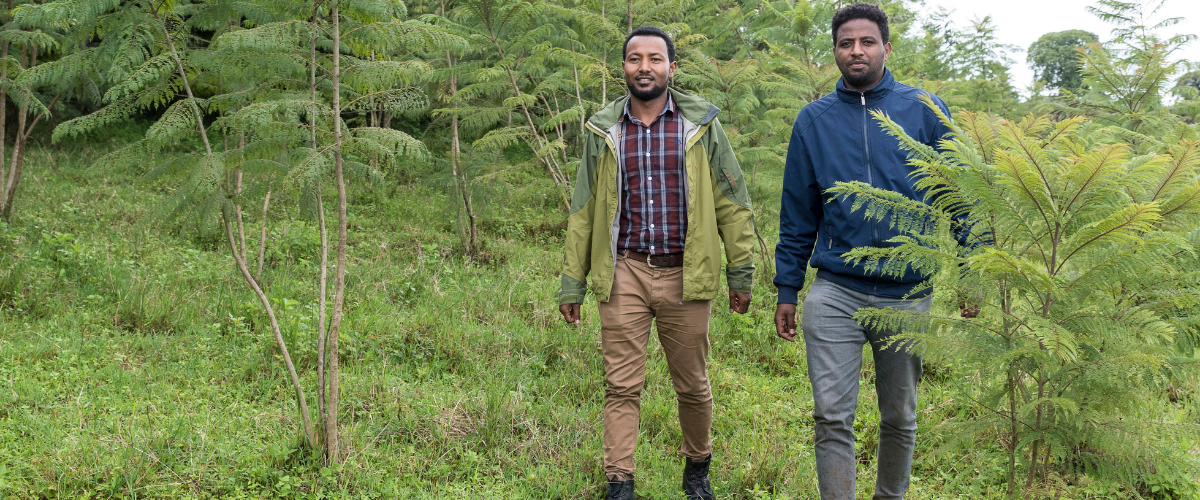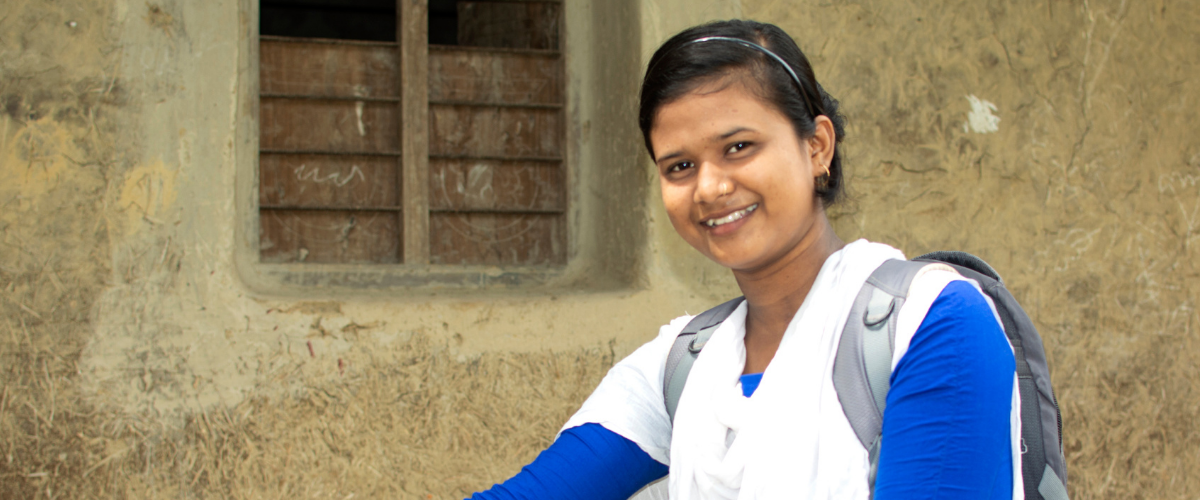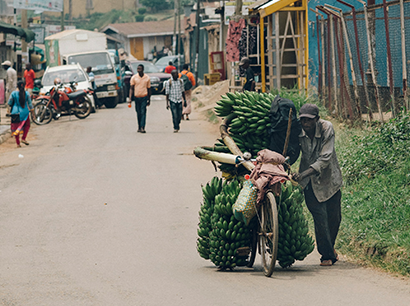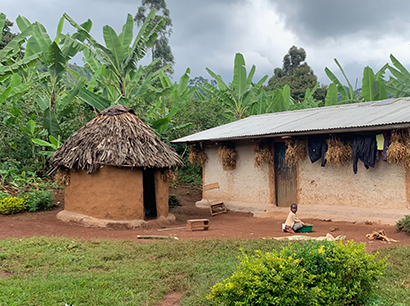On 22 June, 2021 we recorded an insightful and thought-provoking conversation with THP-India’s Ruchi Yadav. We got so much out of hearing Ruchi share about the harsh realities of life in India right now, and how The Hunger Project’s unique approach to shifting mindsets and partnering with local leaders is proving successful in protecting the most vulnerable people during the pandemic.
1. There is a human tragedy unfolding in India in the form of a shadow pandemic hidden behind the health crisis: 9,000 children have lost at least one parent to COVID-19 or have been abandoned, and are at risk of child trafficking, child labour and illegal adoption; hunger levels have increased and are forcing families to make desperate decisions like selling their teenage daughters into marriage for just $270-550; family violence is rife and home is no longer the safe place it’s supposed to be, especially for women and girls; 5 million schools were shut down at one point and girls are not likely to be allowed to return.

2. The Hunger Project doesn’t parachute into communities and then exit; the 8,000 elected women leaders across India currently in our training program are from the communities, live there, and will continue living there long after the pandemic. The elected women are putting into practice what they have learned with The Hunger Project, adopting a ‘solution’ not ‘scarcity’ mindset to be motivated and charged instead of paralysed in the face of this challenge.
3. “How do we reach the unreachable and make the voices of the invisible, visible?” These are some of the guiding questions that are driving Ruchi Yadav and the THP India team in shaping their strategy to confront new challenges and create long-term solutions in the context of the continuously shifting landscape.

4. The THP India team is constantly innovating and adapting to changing circumstances and some of their future plans include: delivering remedial classes for girls who have missed out on school; piloting livelihood programs for families dealing with hunger; and finding creative ways to get people vaccinated like bringing the vaccinations door to door on the backs of motorbikes out to the most remote and mountainous areas. This is in addition to their ongoing guiding and mentoring of elected women as frontline workers to share accurate health messages, combat misinformation, run vaccination drives, and lead prevention measures against the spread of COVID-19.
5. To stay motivated, Ruchi thinks about her future self asking her past self, “During the pandemic, what did I do?”She says what she is doing now – partnering with elected women across India to deal powerfully with the pandemic – is her legacy.
Take action – Create a COVID-safe future for everyone
Ruchi said the Australian community is “the wind beneath [THP-India’s] work” so let’s show our support to Ruchi, her team and the elected women leaders – as well as all our staff and village partners across the world – as they navigate the pandemic with strength and persistence to create COVID-resilient communities.
How? Invest in The Hunger Project’s end of financial year campaign before 30 June or start a conversation with us. [Note: for a limited time you can double your impact thanks to our partner Academy Face and Body, and all donations over $2 are tax-deductible.]
Don’t forget you can watch the whole webinar now.








